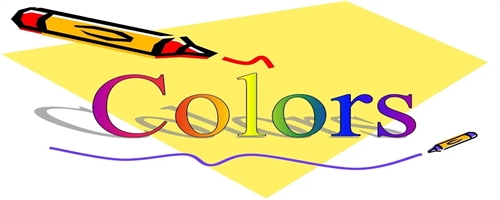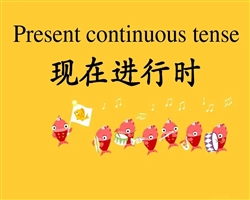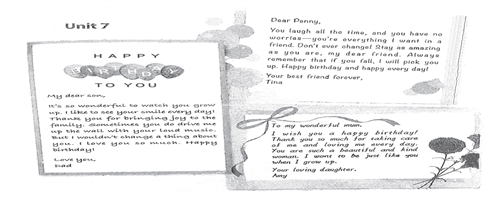1、定义:表示将要发生的动作或存在的状态,以及打算、计划或准备某事。句中一般含有表示将来的时间状语,如:tomorrow morning,next week,this afternoon等表示将来的时间状语。
2、构成:
① be gong to +动词原形。
如:I am going to see a Beijing opera tomorrow.
We are going to meet at bus stop at half past ten.
Dad and I are going to see a Beijing opera this afternoon.
② will +动词原形。
如:They will go swimming this afternoon.
3、be going to 和will 区别:
① be going to表示经过事先安排、打算或决定要做的事情,基本上一定会发生;will则表示有可能去做,但不一定发生,也常表示说话人的临时决定。
如:I am going to take part in a party this evening.
They are cleaning the library now. I’ll go and join them.
②be going to表示近期或眼下就要发生的事情;will表示的将来时间则较远一些。如:He is going to write a letter tomorrow. I will meet her one day.
③ be going to还可以用来表示有迹象表明某件事将要发生,常用于天气等自然现象。如:Look! It’s going to rain.
4、一般将来时句型转换:
肯定句
否定句
一般疑问句及回答
She is going to have a picnic tomorrow.
She isn’t going to have a picnic tomorrow.
—Is she going to have a picnic tomorrow?
—Yes, she is. / No, she isn’t.
They will go swimming this afternoon.
They will not(won’t) go swimming this afternoon.
—Will they go swimming this afternoon?
—Yes, they will. / No, they won’t.





 。
。